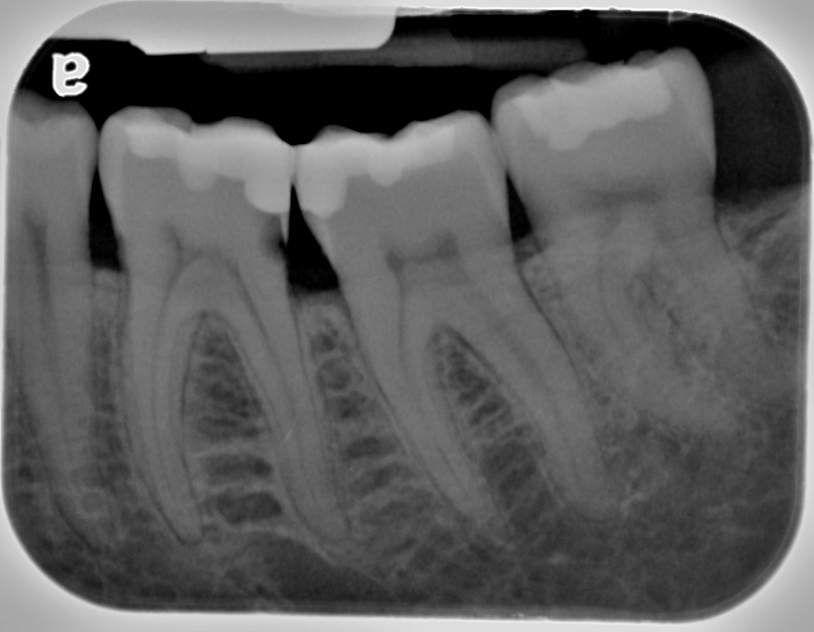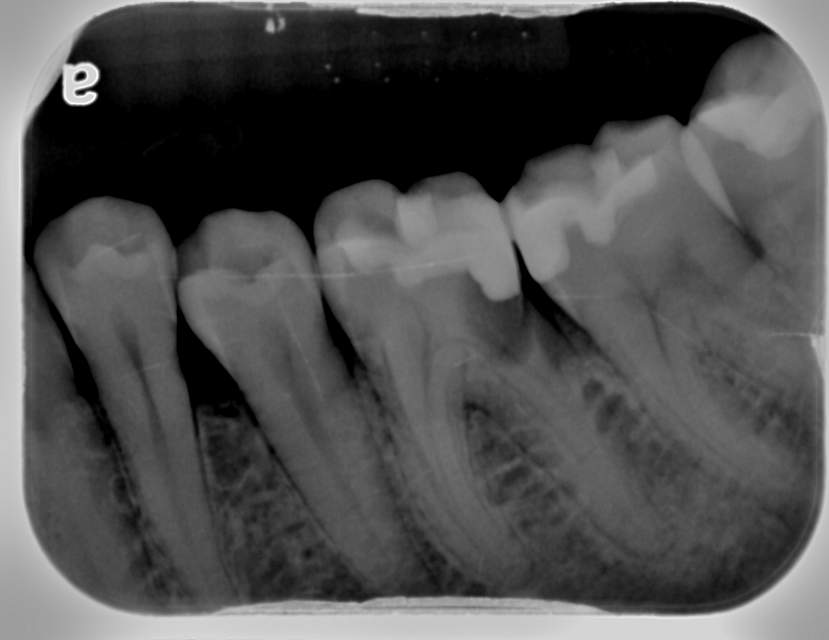FAQ
What causes tooth decay?
Bacteria that naturally exist in plaque break down the starches and sugars in the food you eat. A chemical reaction occurs, and as a result, an acid is produced. Like all acids, the acid produced in your mouth is corrosive, which means it dissolves other materials. Your teeth are the victims of this corrosive action. The acid dissolves their protective outer enamel layer, eventually creating holes in your teeth, also known as cavities or decay.
Are X-Rays necessary?
YES...it is impossible to see directly between the teeth or under the gums or bone without the use of a dental radiograph. X-rays allow dentists to detect disease and other conditions much sooner than the clinical examination alone. When problems are identified early, it is easier to resolve then and avoid more costly treatments. The benefits of X-rays far outweigh any minimal risks of radiation. Please tell us if you are pregnant as different precautions apply.
Do you accept payment plans?
Our doctors strive to make dental care available and financing convenient through Care Credit and Chase Healthcare Advance. You can apply in our office at the time of your visit or apply online at http://www.carecredit.com or http://www.chasehealthadvance.com.
How often should I see a dentist?
We recommend a check-up every six months so we can identify and prevent a variety of oral health problems. Speak with your dentist about when is right for you.
How often should I change my toothbrush?
Every 3 months or sooner when the bristles become worn or frayed. Replace your brush if you have been sick with a cold or other bacterial infection.
Do I really need to get this cavity taken care of right now?
Yes, Sometimes you can wait a few weeks or even a month or two; but decay will not get smaller, only bigger. Waiting too long to restore a tooth can lead to pain, and more costly procedures, or even losing the tooth. Here is a cavity that grew into root canal therapy and a crown in only 6 months. On the first photo you see a dark spot under an exsisting restoration on the second tooth, in the second photo you see a much, much larger darkness that has compromised the root of this same tooth! (on this photo it is the thrid tooth)


Will dentures affect my speech?
While your mouth gets used to new dentures, it may seem bulky, you may notice increase salivary flow, and your tongue will feel crowded. These sensations should pass in time. You may have difficulty speaking for a short while, practice reading aloud in front of a mirror until you are comfortable.
Do you accept all insurance plans?
Dental insurance can be confusing, and every insurance plan and coverage is different. Dental insurance plans are a contract between you and your insurance company. Talk to your insurance representative so you can understand how your plan helps pay for dental treatment. We will file your dental insurance for you. Most reimbursements will be paid to you, so it is your responsibility to know your plan, and we respectfully ask that payment be made by you at the time services are rendered.
Can I whiten my teeth?
No matter how well you take care of your teeth, they can darken and stain over time. Before we begin any whitening treatment, we check the health of your teeth and gums, and address any needs. We then will take impressions of your teeth. From the impressions, we make trays to fit your teeth exactly. These trays at home with a special whitening gel that is stronger and more effective than over-the-counter products. Home whitening can be an easy way to help brighten your teeth. Family Dental Center feels that before the age of 15 the teeth are not mature enough to handle whitening, so for your safety and in the best interest of your teeth, our policy is that you be age 15 years or older to whiten.
Why do I need fluoride?
Fluoride has many benefits for people of all ages. When children are young and their teeth are forming, fluoride joins with the structure of the tooth, making the enamel surface harder and more resistant to decay. The benefits for adults are also important. Fluoride can help repair a cavity in its earliest stage before it has become visible in the mouth. Fluoride rebuilds the enamel layer of the tooth. Fluoride is an important part of every prevention program. When combined with the good dental habits of brushing and flossing, fluoride can dramatically reduce cavities and keep your mouth healthy.
What is gingivitis?
Gingivitis is the first stage of gum disease. It is inflammation of the gums. To determine if you have gingivitis, we examine your mouth and look for red, swollen, or bleeding gums. If you have gingivitis, we thoroughly clean your teeth and may schedule you for more frequent cleanings. We may also suggest a special mouthwash, toothbrush, other home care techniques.
What kind of toothbrush do you recommend?
We recommend a soft or extra soft toothbrush. They are kinder to your teeth and gums. They also make it easier to remove plaque from below the gum line, where gum disease starts. Whether you use a manual tooth brush or electric toothbrush, brushing is important because it removes plaque and disrupts the bacteria that cause tooth decay and gum disease. Power toothbrushes can be a great way to keep your teeth clean and healthy; ask any of the staff at Family Dental Center and they can reccomend the right brush for you.
